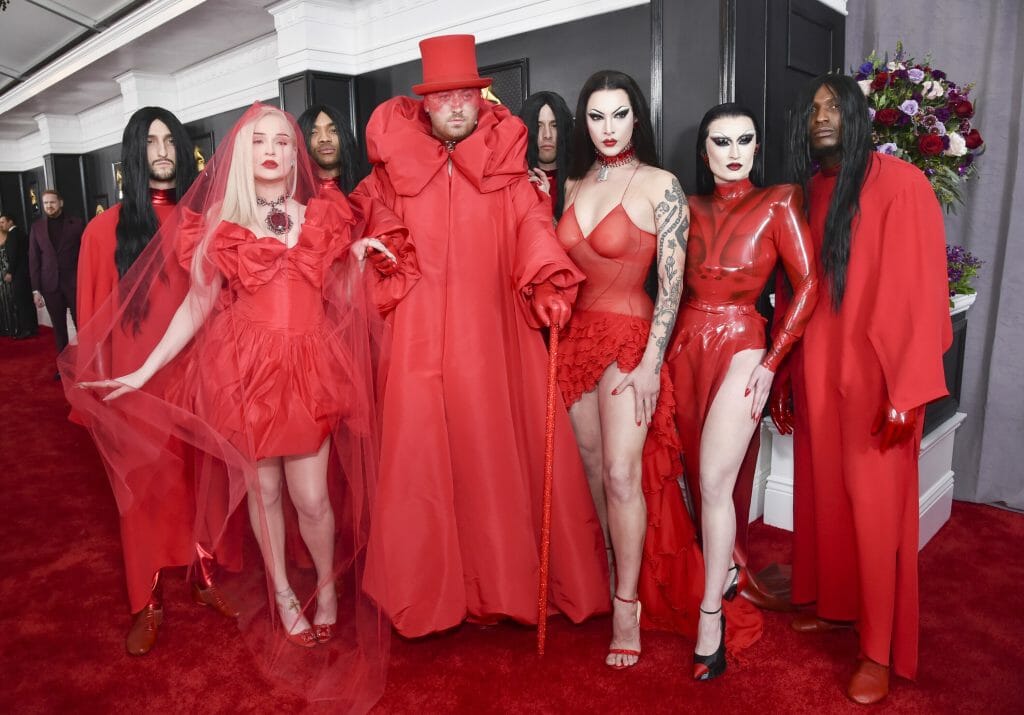The 65th annual Grammy Awards taking place on February 5 in Los Angeles made way for icnoic and groundbreaking moments in LGBTQ representation across the music industry.
Kim Petras and Sam Smith‘s Grammy win was one of the night’s most notable and emotional. The pair’s collab “Unholy” won the Grammy for Best Pop Duo/Group Performance, making Petras the first openly trans woman to win in that category.
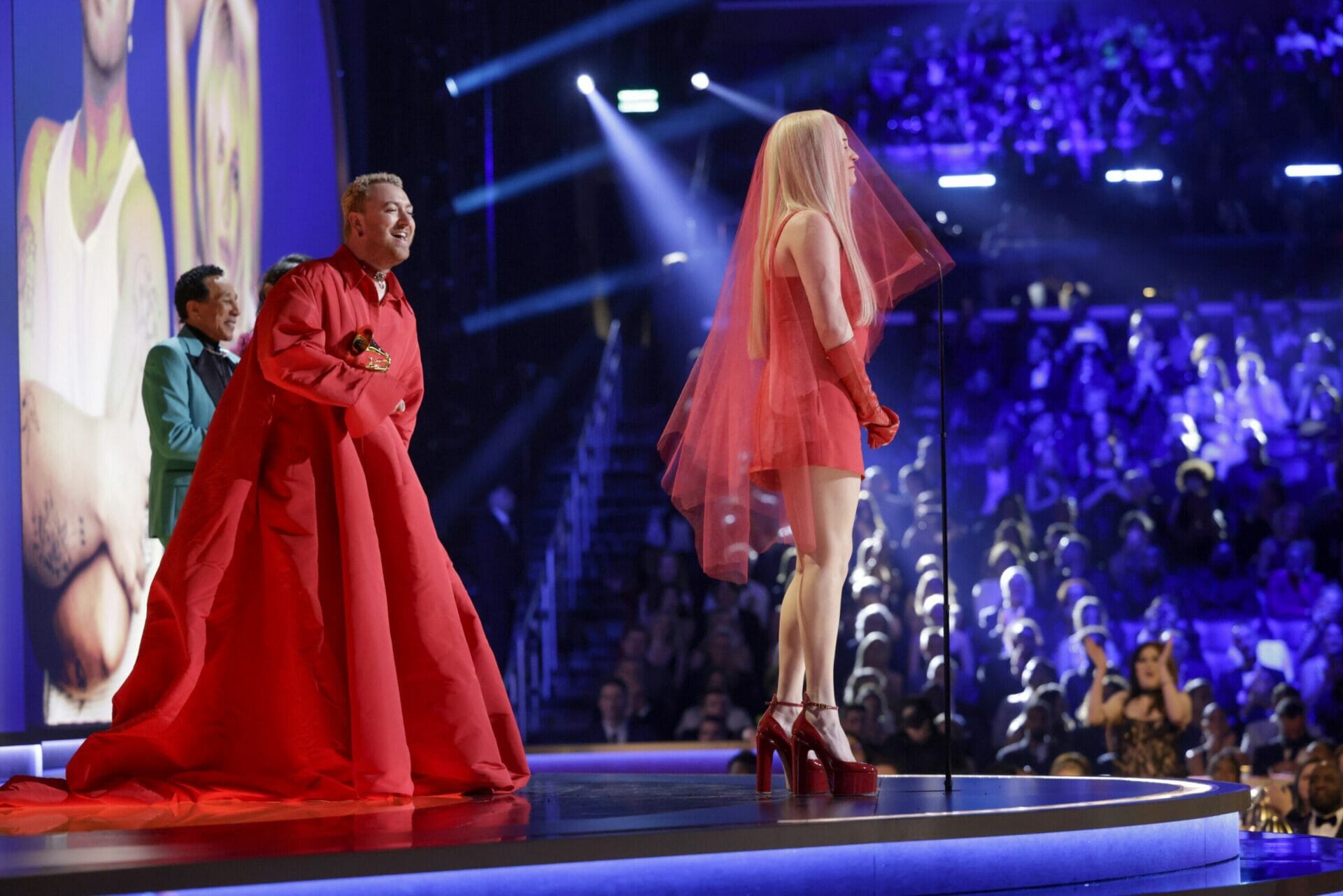
Petras took the stage with Smith to accept the award and said, “Sam graciously wanted me to accept this award because I’m the first transgender woman to win this award.”
In her acceptance speech, she acknowledge outstanding transgender voices and artists who paved the way for her: “I want to thank all the incredible transgender legends before me who kicked these doors open for me so I could be here tonight.” Petras also remembered her late friend, Scottish singer Sophie. “Thank you so much for your inspiration, Sophie,” she added. “I adore you, and your inspiration will forever be in my music.”
Music legend Madonna also took the stage to introduce Petras and Smith’s live performance of “Uholy,” saying, “It gives me great pleasure to introduce two incredibly talented artists who have risen above the noise, the doubt, the critics into something beautifully unholy. Here are two Grammy award winners, Sam Smith and Kim Petras.”
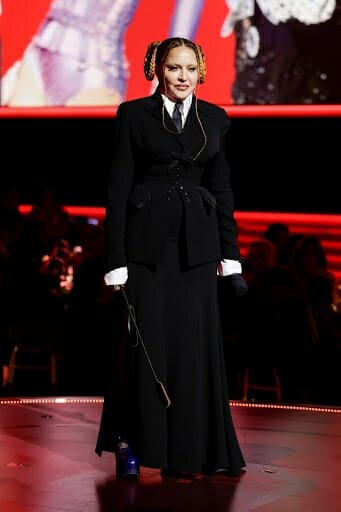
The night also saw a lot of wins for queer artists including Steve Lacy for Best Progressive R&B Album as well as Brandi Carlile for Best Rock Performance and Best Rock Song. The band Wet Leg also scored trophies for Best Alternative Music Album and Best Alternative Music Performance.
Another major historical moment of the night included the queen herself Beyoncé. When she won Best Dance/Electronic album for the masterpiece known as RENAISSANCE, she became the most awarded artist in Grammys history with 32 wins. She takes the mantle from conductor Georg Solti who previously held the record. Earlier that evening, she also won Best Traditional R&B Performance for “Plastic Off the Sofa”, Best R&B Performance for “Cuff It” as well as Best Electronic Dance Recording for the song that started it all: “Break My Soul”. Beyoncé has tallied 88 Grammy nods and prior to Sunday, she was already the most awarded woman performer.
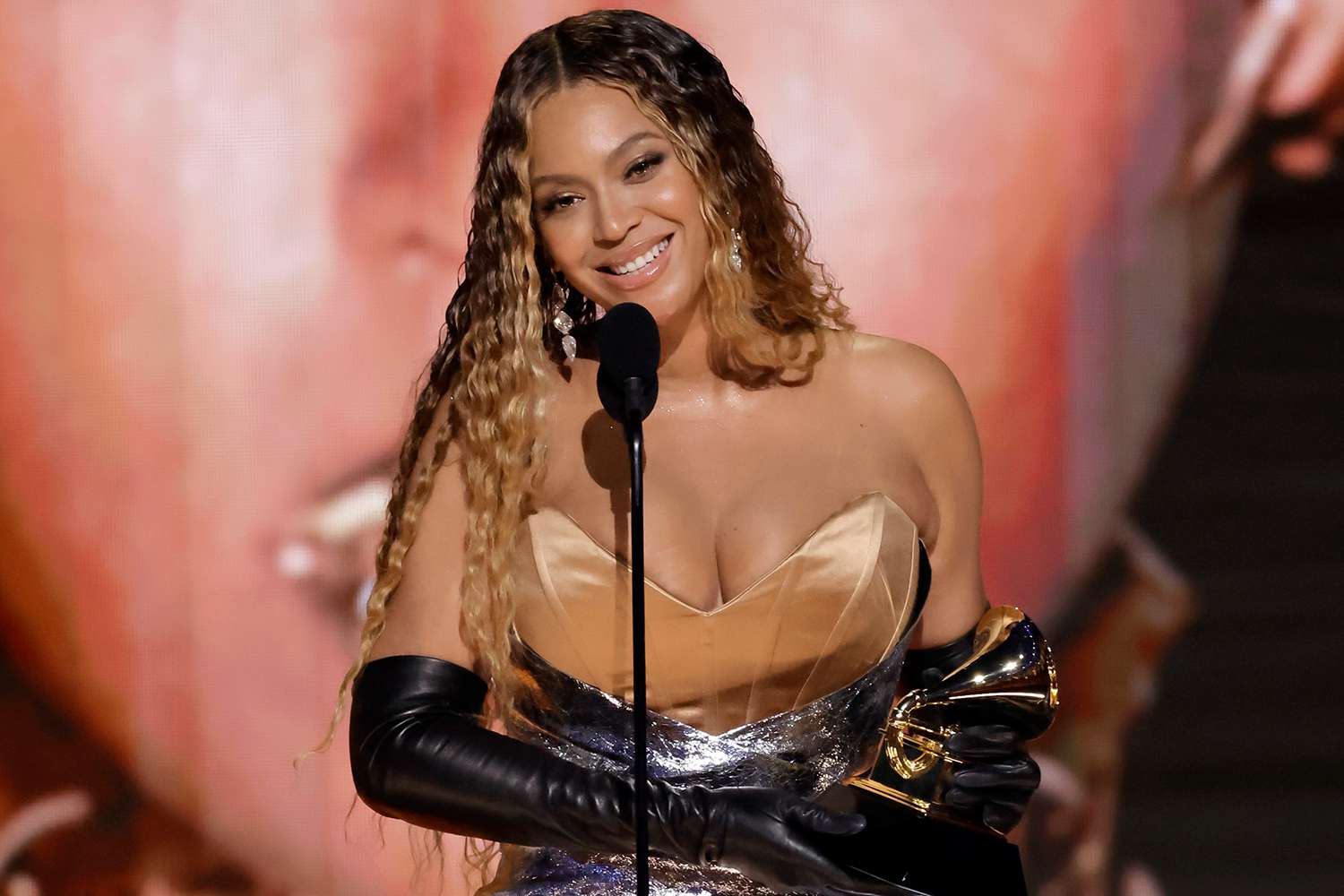
Beyoncé’s album RENAISSANCE melded modern vibes with disco/dance/ballroom culture and continued to resonate since its release and she has not let the LGTBQ go unnoticed. “I’d like to thank the queer community for your love and for inventing the genre,” she said during her acceptance speech. The 2019 GLAAD Vanguard Award honoree has and continues to be a strong ally and advocate for the queer community.
“A big thank you to my Uncle Jonny,” wrote Beyoncé when she first released the album. “He was my Godmother and the first person to expose me to a lot of the music and culture that serve as inspiration for this album. Thank you to all of the pioneers who originate culture, to all of the fallen angels whose contribution have gone unrecognized for far too long. This is a celebration for you.”
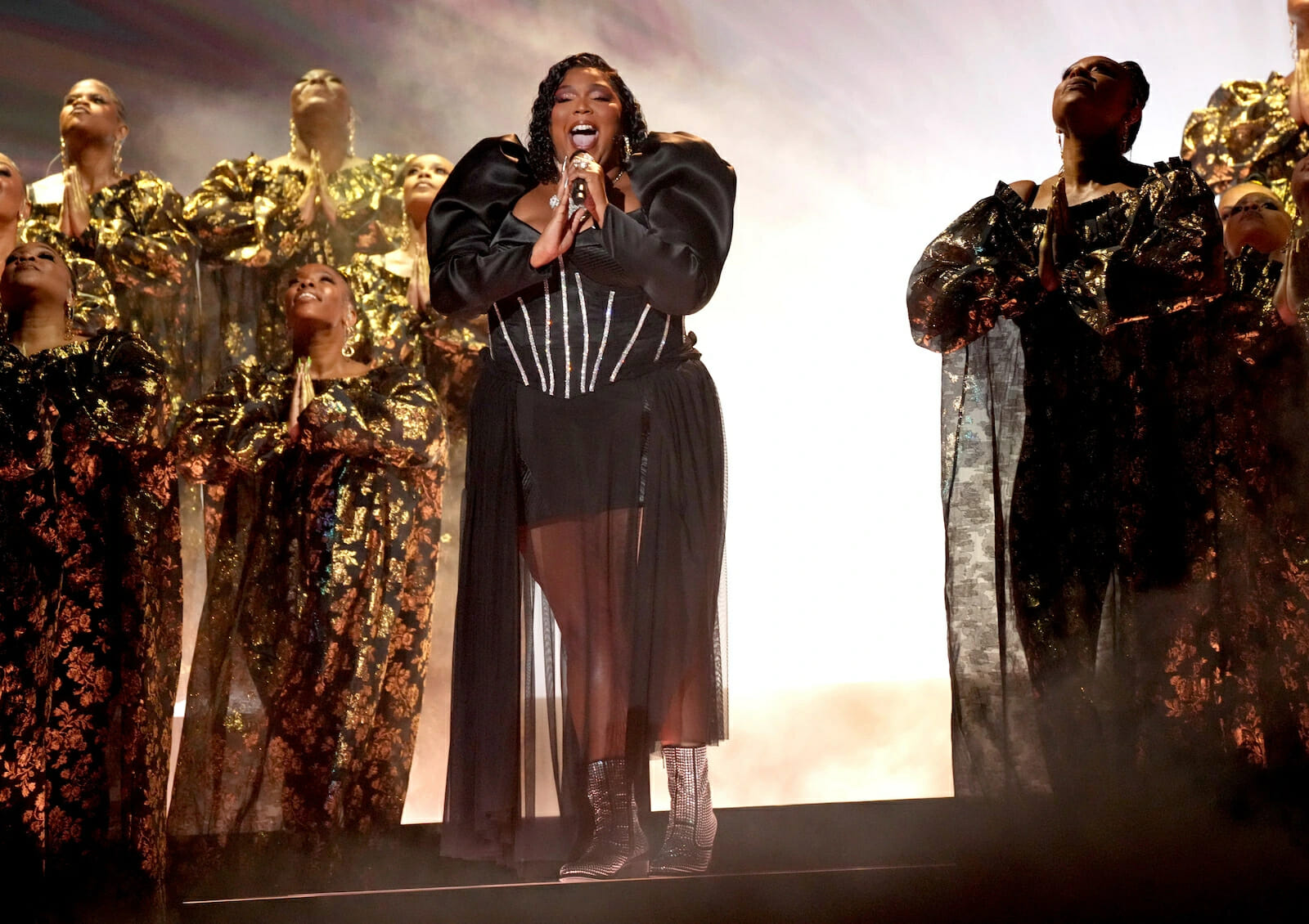
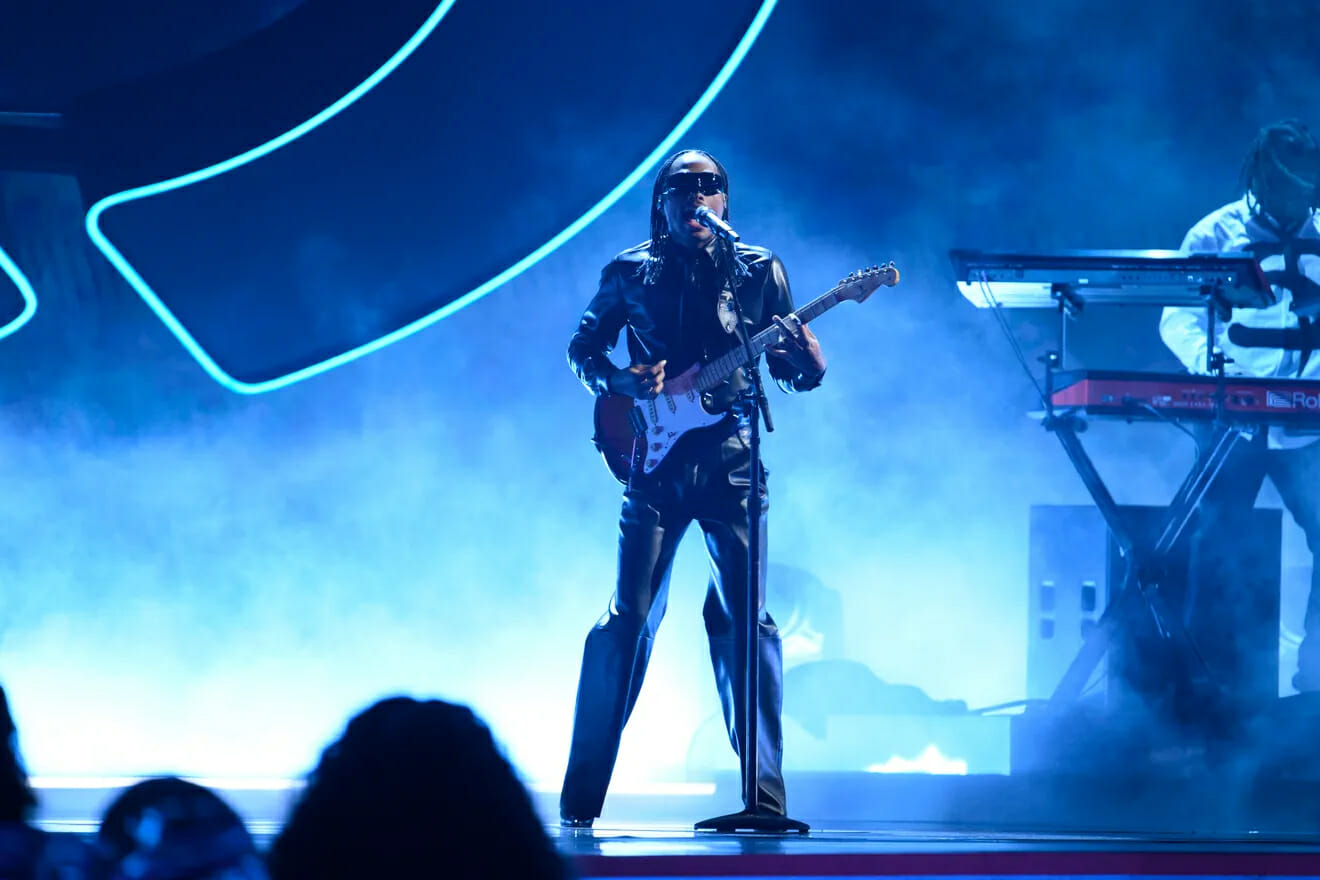

Other highlights of the evening included a performance by Lizzo, who won Record of the Year for “About Damn Time”, which featured a queer dancer from her Amazon show Watch Out for the Big Grrrls. Bad Bunny, who has featured LGBTQ Latinx women in his work, won Best Música Urbana Album while Steve Lacy and Brandi Carlile took the stage for performances.
“Tonight, queer artists from so many parts of the LGBTQ community representing so many unique musical genres became Grammy winners, and because of this Recording Academy reminded the world just how impactful LGBTQ people are when it comes to creating music,” said GLAAD’s Anthony Allen Ramos. “From Sam Smith and Kim Petras’ breaking barriers for non-binary and transgender people in music by winning the Grammy for Best Pop Duo/Group Performance, to Brandi Carlile and Wet Leg dominating the Rock and Alternative Music categories with multiple wins, and Steve Lacy’s win for Best Progressive R&B album the Grammy Awards were dominated by more openly LGBTQ artists and musicians than ever before.”

